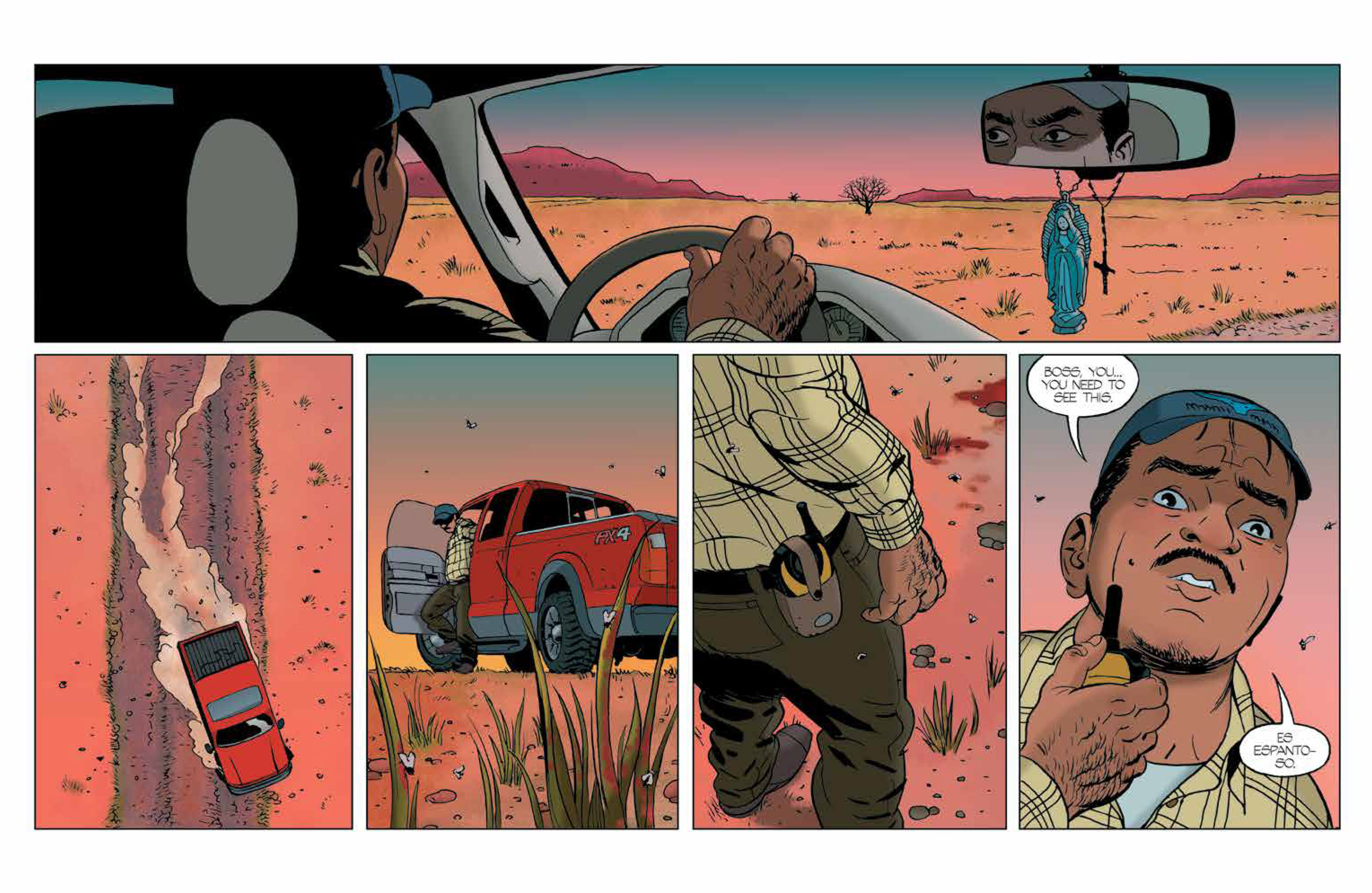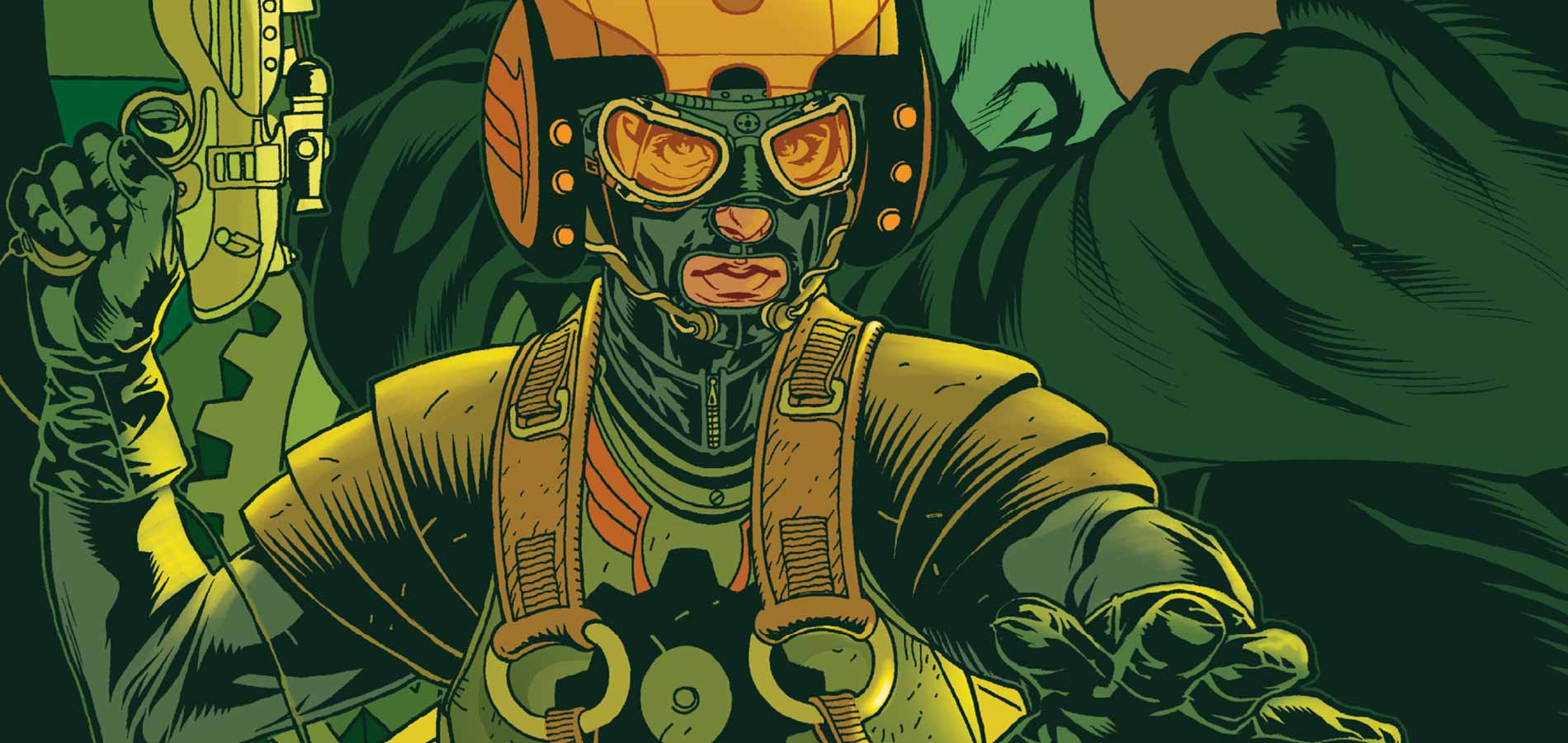


What do you think some of the appeal is as storytellers to keep returning to that decade?Ĭhristopher C. Now, obviously, Paper Girls is partially set in that era. These purples and pinks and things like that give it a little bit more style and keep it from just being photo journalism.Ĭhristopher, you have already had experience with the 1980s setting in the television world with Halt and Catch Fire.

Even though it all takes place at night, it’s all these kind of beautiful colors that our colorist, Matt Wilson, added to it. We tried to lean into things being lived in and feeling authentic, but at the same time giving a level of stylization to it. They go really broad because it’s very colorful and it’s a lot of fun, but we tried to take a lot of inspiration from Amblin movies, things that felt a little bit almost documentary-ish about exploring suburban life in the ’80s. Not just supporting characters, but as the leads of a story would be very cool.”Ĭliff, what were some of your visual inspirations that you turned to while creating the look of Paper Girls?Ĭliff Chiang: I think a lot of times people treat ’80s stuff as a punchline. I think when Cliff and I became parents and thought about writing about the experience of growing up, I thought back to those young women and thought “oh, they would be great. I’d always thought about them and I always thought about using them in a story somehow.

But we also knew this is a job that’s not going to exist in a few years. As a kid, I thought “this is fascinating that there are these parents out there that are letting 12-year-old girls go out at four in the morning to deliver bad news to grown-ups.” It was really cool.Īt the time I recognized that they were pioneers, the first of their kind. There were a bunch of 12-year-old girls in our neighborhood, delivering everyone’s Plain Dealer. I grew up in the suburbs of Cleveland, like the girls in this comic, and we used to get the Cleveland Plain Dealer delivered to us and it was always delivered by a young man until one day it suddenly wasn’t. Vaughan: Well, it started in my childhood.


 0 kommentar(er)
0 kommentar(er)
